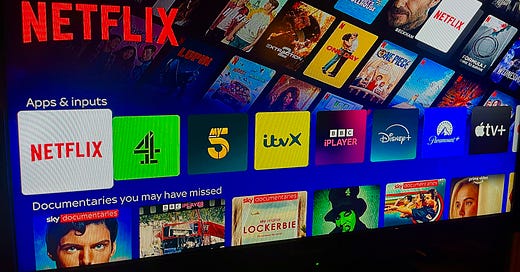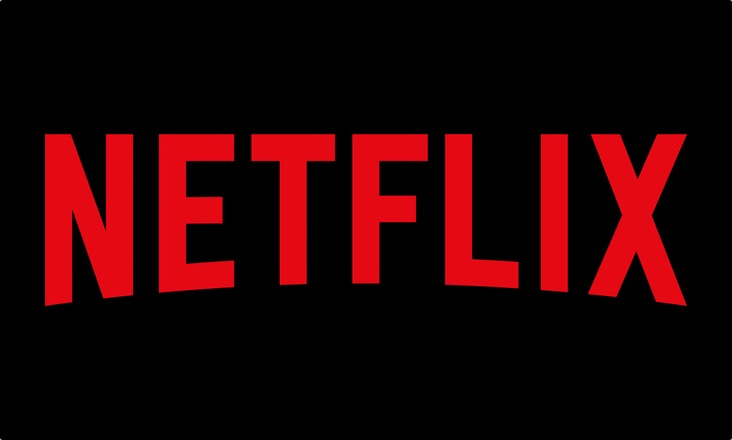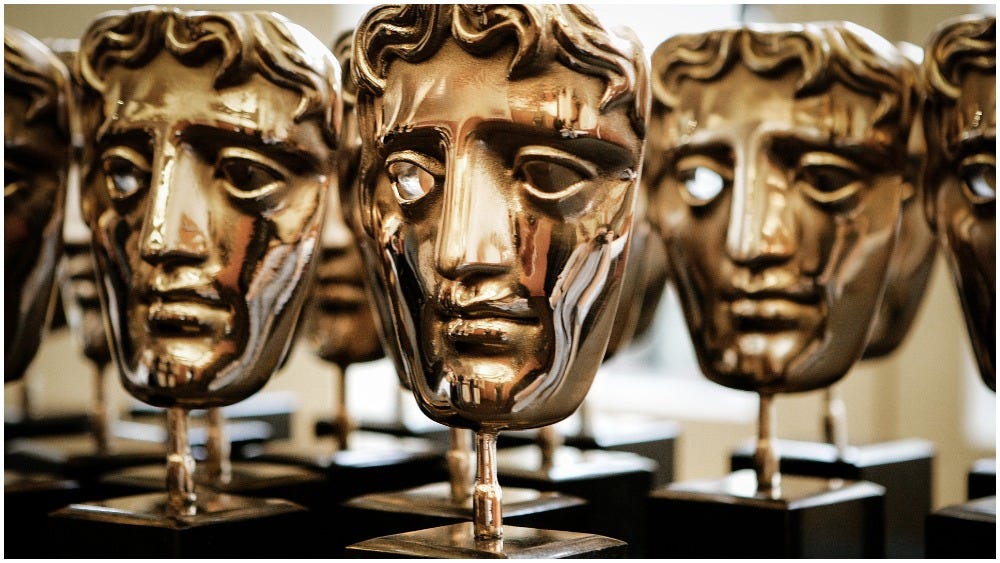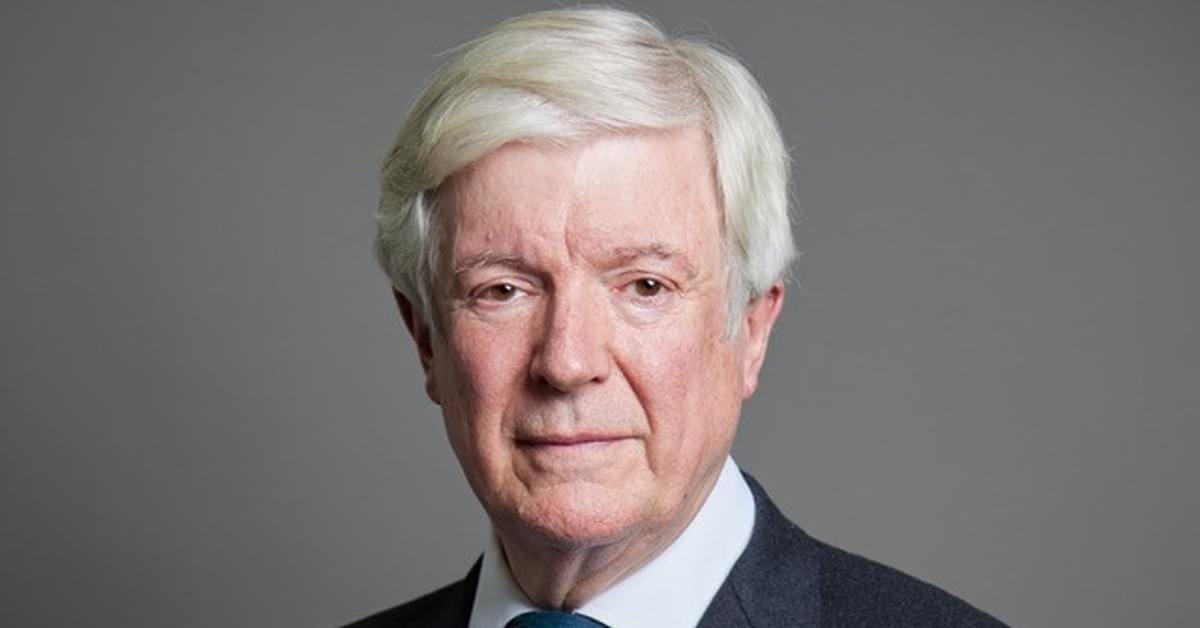Hello and welcome to ScreenPower: a newsletter about the UK’s film and TV industries - and how they’re impacted by politics.
In today’s edition: Could streamers be hit with a levy in the UK? Why are films so long these days? What mistake is the Government making over the BBC’s future? And how big actually is Netflix?
Here goes… 📽️💪💥
1: 📺 BFI announces ‘critical’ study into streaming levy
What’s occurring: It’s emerged the BFI are conducting a study to look at the possible consequences of introducing a streaming levy in the UK.
Bigger picture: Levies have sprung up in a number of countries in the past few years amid concerns that streamers are squeezing out domestic and/or public service production and provision.
Mais oui: Recent countries to take the plunge have included Canada (5% of revenues) and Denmark (2% of revenues) - and of course France (20-25%).
Why is this important: The British Film Institute is the key interface between Government and the film and HETV sector. It’s a non-departmental public body - which means it operates at arms length from Ministers - but has played a hugely important role over the last decade by quietly campaigning for growth measures (e.g. the Independent Film Tax Credit) and privately alerting Whitehall to problems that need fixing.
The detail: BFI Chief Executive Ben Roberts was asked at the Culture, Media and Sport Select Committee this week what the organisation thinks about streaming levies. He told Chair Caroline Dinenage: “We are doing some research and analysis where we’re scanning the landscape of where levies exist, and what the impact of those looks like”.
Treading carefully: Roberts added “It won’t be a piece of research that arrives at any recommendations but we think it will be a very useful piece of analysis to understand what the consequences of levies look like. So I think we want to wait until we’ve been able to look at that.”
No consensus: Roberts said “there are different views of what the consequences of imposing a levy here in the UK where the model is entirely different to France, could mean, and at this stage there is no consensus as to what the best path forward is to support the sector”.
Big spenders: For context, spending by streamers in the UK over the past decade has played a huge role in growing the sector. In 2023, inward investment - a lot of it by streamers - made up 78% of total spend on film and high end TV production in the UK.
Consequences: The BFI team know this is a controversial area to wade into - and they’re clearly treading carefully - but the finished report could play a key role in helping to inform and shape the debate, and the Government’s view on this topic.
Big issue: Ben acknowledged that levies are already “a big topic of conversation” here, and highlighted the importance of the research: “It feels pretty critical for us because we have to hold this analysis in the context of the UK market being unique and pretty enviable to the rest of the world”. (You could read that both ways - which demonstrates the balance they have to strike).
When will we know more? The BFI plan to publish the research in the summer.
2: 📈 Netflix is bigger than everything else
Talking of streamers…Netflix is now worth more than Disney, Comcast, Paramount, Fox and Warner Bros Discovery - combined. Its share price surged last week after adding 19 million subscribers in the fourth quarter of 2024.
At time of writing, Netflix’s market cap is $418 billion. Compare that to its competitors:
Word of caution: There are analysts who think Netflix is overvalued. Also this is the final quarterly update the streaming giant will give on subscriber numbers - fuelling rumours that Netflix bosses suspect they are nearing the peak. Although that 19m was a new record for Netflix, so doesn’t look to be levelling off anytime soon.
Why is this important? A few reasons:
Because sometimes it’s worth having a sense of perspective in debates around the UK’s screen landscape (and indeed, given emerging debates around streamer levies). Sometimes I hear people say that our PSBs should ‘be free to compete with Netflix’ - often alongside calls to ‘unshackle’ them from such burdens as public ownership or public funding. That is unrealistic in scale (given the above), and unhelpful in substance (given they offer a fundamentally different service).
Because Netflix spends a huge amount of money on making content in the UK. Co-CEO Ted Sarandos told the London RTS conference last year that Netflix has spent $6bn here since 2020 - and the streaming giant has a long term agreement with Pinewood to make films and shows at Shepperton studios.
But don’t forget: Another player in this space that’s probably worth even more than Netflix is Youtube. Last year analysts estimated it could be worth $455 billion if it were a standalone company. And of course YouTube is owned by a $2.3 trillion company. Puts things in perspective a little.
3: 🎞️ Films are getting longer
It’s official - you’re not imagining it - films are getting longer.
Sweet spot: I think 2hrs is about right (100 mins is 👌) - but lately I feel like there’s been a lot of excessively long movies on the big screen.
Prove it: So I decided to take the BAFTA Best Film nominations as a representative sample, and run the numbers on the past decade.
Stats: Below are the results. It’s bumpy, but the ‘trend rate of growth’, as economists say, is only going in one direction.
Why is this important? There’s a serious point here. I love going to the cinema - and I want to support my local ones - but I can’t be the only person who is put off by seeing ‘Running time 180 mins’ on the booking page.
Tough time: The cinema sector is not in the best shape right now, and this can’t be helping. I’m afraid to say I’m far more likely to watch anything over 2.5hrs at home instead of the cinema (and possibly over two nights!).
Loo break: At the very least, more cinemas should have intermissions during longer films - and surely they’d be able to sell more food and drink then too. Kudos to Vue Cinemas’ CEO Tim Richards who has started to do this.
What’s behind this? Granted, my sample may not be very scientific - and it could say more about BAFTA judges than anything else. But it is a thing - so why are they getting longer?
Not just me: The Economist ran a great piece a while back looking at this and they confirmed film times have “ballooned” since 2018. They identified three possible reasons:
Studios want to ‘squeeze’ as much as they can from costly IP - e.g. superhero Marvel movies (Avengers: Endgame is 181 mins).
Directors have a growing clout and are over-indulged (“Who would dare tell the likes of Mr Nolan to trim his masterpieces?”, says The Economist).
Compounding this, streamers are unconcerned by run times, and so can “lure big names with deep pockets and promises of creative freedom”.
Bad news: The piece also found that long movies can be bad for cinemas - because it means “forgoing two showings per night, which hurts ticket sales and profits”.
Solution? Surely the appetite for high end TV shows on streaming platforms means directors now have the option to just turn anything too long into a box set instead. Solved.
4: 🚫 Ex-BBC boss brands Gov approach to BBC charter review ‘wrong’
The former Director General of the BBC, (Lord) Tony Hall gave a speech on the future of the BBC last week, which went under the radar.
It’s an interesting read. And one part in particular deserves more attention.
Hall told the audience at the Francis Crick Institute that the current approach to the future of the BBC is the wrong way around:
“At the last review of the BBC’s charter, we sorted out the quantum of the licence fee – and then over the following year or so, worked out what we wanted the organisation to do. And this is how the debate has continued. I’ve been consistently arguing that’s the wrong way round. We need FIRST to decide what we want a BBC to do - for all of us – for our country – for the world – and then work out how we fund it and to what level.”
I 100% agree with this!
But it is also the exact opposite of the Government’s current approach as set out by DCMS in November. Culture Secretary Lisa Nandy told Parliament:
“…the Government will be taking forward this issue [of the licence fee] as part of the Charter Review process, since what the BBC does and its future role is fundamentally influenced by how it is funded.”
History repeating itself: This risks repeating one of the mistakes of the last Channel 4 privatisation debate. Simply asking ‘should we sell Channel 4’ was always the wrong question. You first have to ask ‘what do you want the broadcaster to do’, and then decide which model and means of funding is best for providing that.
Exam question: The BBC Charter Review process is expected to be launched imminently. It’s vital that process provides space for policymakers, the public and the Corporation to take a real step back and ask ‘what do we want the BBC to do?’.
Sequencing: That question needs to be considered in a context of multiple challenges (audience shifts, technological changes) and perhaps with a range of options that are scaleable. But funding considerations should come after that or alongside it - not before.
P.S.
Tony Hall also used his speech to say:
The BBC is a critical part of UK’s “social infrastructure”.
That it’s vital to maintain the universality of BBC.
That the Licence Fee should be progressive: “poorer people should pay less, the better-off more”.
5. 🌏 BBC World Service cuts 130 jobs 🤯
Ok here’s a thought experiment. Consider three important bits of context before you read this story:
The Government have just launched a ‘Soft Power Council’ to refocus policy interventions on our soft power assets.
The UK has an incredible soft power tool in the BBC World Service (in fact the BBC as a whole), that is relatively cheap - £434m last year.
Russia and China are estimated to be spending £6-8 billion on expanding their global media activities.
Now consider this: the BBC has been forced to cut 130 jobs to make a saving of £6 million next year.
Bad timing: It seems incredible that the BBC should be forced into a decision like this at a time of global uncertainty. BBC boss Tim Davie spoke last year about the value of the World Service.
Cuts: The cuts will be made both in the UK and globally. The NUJ told the Press Gazette the job losses were “a blow” at a time when “soft power is needed more than ever”.
Fresh approach: We need a different way of thinking about how we pay for the World Service - ideally one that separates it from conversations about the future of the BBC as a whole, since it is about national interest rather than delivering for licence fee payers. 🙏
📺 What to watch?
Queer Eye - Season 9 - Netflix
I was late to the party on Queer Eye - and I love it. Well-rounded, upbeat - but also sometimes quite moving - it hits that sweet spot of being easy and uplifting, but also emotionally engaging. I grew up watching makeover shows like Changing Rooms - but always wanted to hear more of the personal story behind it. This delivers in spades. A ray of sunshine to beat the January blues. 👏 🏳️🌈
☎️ Get in touch
Thank you for reading ScreenPower! As ever, do get in touch with any comments or questions on the topics covered in this issue, either by replying to this email or by connecting on LinkedIn.
You can read previous editions of ScreenPower here.
And if you’ve been forwarded this email and found it useful, then do subscribe below - it’s free!












